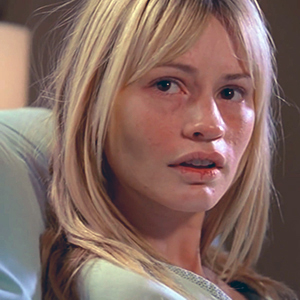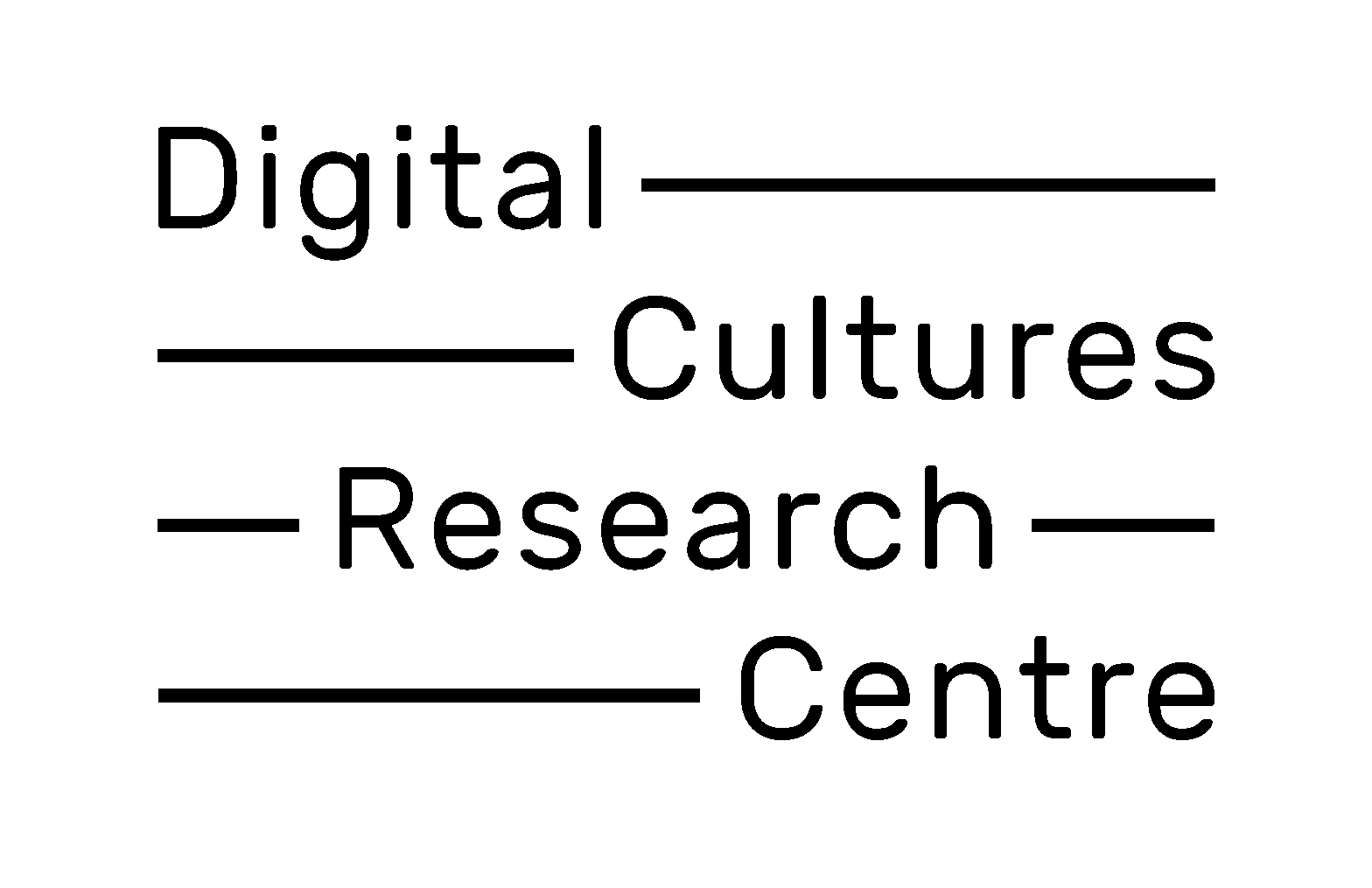ISSN 2514-3123
10.37186/swrks.14.1
We are delighted to publish the third submission as part of our rolling volume, 14.1. Ataa Alsalloum and Monika Koeck’s lecture essay film Safeguarding Transplanted and Indigenous Intangible Cultural Heritage in the UK explores the complexities of identifying and defining Intangible Cultural Heritage among migrated, resettled, and native/indigenous communities in the UK (originating from England, Scotland, Wales and Northern Ireland). Focusing on the Liverpool City Region as a case study, the authors illuminate the transformative impact of a confluence of diverse cultures, using ‘Transcultural Heritage’ as an organising concept. This term, while not new, is explored as a paradigm that could potentially redress challenges, fostering a society that upholds mutual respect and inclusivity throughout the UK.
Becky Nunes’ An Age of Iron is an experimental short film which explores the impact of New Zealand Steel’s mineral extraction on an indigenous tribe in Tahāro, a tiny settlement to the South-West of the Kawhia harbor, in the North Island of Aotearoa-New Zealand. The film and statement chart the uncomfortable (and ongoing) journey as a filmmaker, attempting to document the effects of colonising and extractive forces on the land, whilst struggling with the ethical implications of photo-filmic representation, questions of authorship and ownership of the narratives that emerge from this prolonged mineral extraction. With the re-introduction of titanomagnetite into the global manufacturing chain, Nunes asks what this might mean for the mauri (or spirit) of the land, and whether an environmental and indigenous alliance can be enacted through an experimental lens-based practice?
Phoebe Hart’s video essay, Medical Mysteries & Freaky Fables critiques screen-based representations of intersex people; individuals who have reproductive organs at variance with the genetic and/or hormonal sex, who comprise almost 2% of the human population. The essay takes scenes from various television series and proposes a challenge to filmmakers and writers to transcend representations of people with intersex variations beyond mere voyeurism or abjection.
This volume of Screenworks is a rolling publication. Each rolling volume runs from September to July, with the editorial team taking a well-deserved break in August. To submit work please read our Submissions Guidelines and use our Online Submission Form. If you are interested in submitting your practice and want further advice, then please contact us on [email protected] with “Submissions” in the subject line.
Safeguarding Transplanted and Indigenous Intangible Cultural Heritage in the UK

Author: Ataa Alsalloum & Monika Koeck
Format: Lecture essay film
Duration: 46:35
Published: March 2024
This film examines the complexities of identifying and defining Intangible Cultural Heritage (ICH) among migrated, resettled, and native/indigenous communities in the UK (originating from England, Scotland, Wales and Northern Ireland)…
Author: Becky Nunes
Format: Video
Duration: 7′ 57”
Published: December 2023
An experimental video exploring the filmmaker’s ongoing journey to document the impact of colonisation and extractive forces in New Zealand, whilst grappling with ethical questions addressing issues of authorship and narrative ownership…
Medical Mysteries & Freaky Fables

Author: Phoebe Hart
Format: Video
Duration: 9′ 36″
Published: November 2023
A video essay critiquing screen-based representations of intersex people. The essay discuss several contemporary stereotypes and then repurpose scenes from television series…
This volume is supported by the Moving Image Research Group and the Digital Cultures Research Centre at the University of the West of England, UWE Bristol.



Welcome to Screenworks – the peer-reviewed online publication of practice research in film and screen media, edited by Dr Charlotte Crofts (UWE Bristol) and Associate Editors: Will DiGravio (University of Amsterdam); Dr. Shweta Ghosh (University of Reading); Dr. Catherine Gough-Brady (Edith Cowan University); Dr Matthew Hawkins (London Southbank University); Dr Alexander Nevill (University of Edinburgh); Dr Estrella Sendra Fernandez (King’s College London). Screenworks publishes practice research that produces new knowledge in Communication, Media and Cultural Studies, Art and Design, Performing Arts and related fields. We offer a forum for the dissemination and discussion of practice research that includes space for reflection on research contexts. Work is published alongside a research statement, which offers a ‘route map’ of the research process, together with two anonymous reviews, which provide critical feedback on both the work itself and its research context.
We accept submissions on a rolling basis as well as for Special Issues. Please see the Submissions page for further information about current calls, deadlines, the peer review process and how to submit your work. Please be aware of our Accessibility Policy, which applies to Vol 12 onwards. Go to our Archive to explore previous volumes, including the full supporting research statements and peer reviews for each volume. If you are interested in proposing a Special Issue then please see our Special Issues Policy.
What is unique about Screenworks is that the work is subject to academic peer review, just as an academic journal article would be, thus providing evidence of the impact, significance, originality and rigour of the practice as research. In addition we operate an open single blind review policy, where anonymous peer reviews are published alongside the research statement so that the review process is transparent. Our intention is to create a supportive, yet rigorous research environment for the academic community researching screen media through practice, whilst at the same time engaging with wider audiences. You can read more about Screenworks‘ evolving editorial approach in Crofts and Nevill (2018).
Screenworks was originally convened in 2006 by Professor Jon Dovey, and Associate editor, Dr Charlotte Crofts, and took the form of a DVD that was distributed with the Journal of Media Practice (JMP) by Intellect Books. Volume 1 was published with JMP (8:2) in Autumn 2007, and Volume 2 with JMP (9:3) in December 2008. Extracts of the works in Volumes 1 & 2 were published online, where possible, when the website was relaunched under the banner of JMPScreenworks.com at the JMP Symposium 2011.
Screenworks migrated to the present website in 2016. We now publish exclusively online in order to disseminate work more widely, save costs and to fulfil the current AHRC and REF research agendas of open access, impact and public engagement. We hope that this new home will enable Screenworks to continue to flourish and grow as both an online publisher of academic film and as a forum for championing screen media practice research with in the academy.
References
(2018) Publishing screen media practice research: evolving processes of contextualisation, peer review and future proofing in Screenworks, Media Practice and Education, 19:3, 283-297, DOI: 10.1080/25741136.2018.1529478.
| John Adams | University of Bristol |
| Laura Ager | University of Salford |
| Judith Aston | University of the West of England |
| Sarah Atkinson | King’s College London |
| Sarah Barrow | University of Lincoln |
| Des Bell | Queens Belfast |
| Paola Bilbrough | Victoria University in Melbourne |
| Kornelia Boczkowska | Adam Mickiewicz University in Poznam |
| Elena Boschi | Edge Hill University |
| Mick Broderick | Murdoch University |
| Christopher Brown | University of Sussex |
| Jeremy Bubb | University of Roehampton, London |
| Inga Burrows | University of Glamorgan |
| Joanna Callaghan | University of Sussex |
| Neil Carrier | University of Bristol |
| David Chapman | University of East London |
| Mark Chapman | Northumbria University |
| Steve Choe | San Francisco State University |
| Alastair Cole | Newcastle University |
| Nick Cope | University Of Sunderland |
| Patrick Crogan | University of the West of England |
| Jill Daniels | University of East London |
| Katie Davies | University of West England |
| Andrew Dewdney | London South Bank University |
| Karel Doing | University of the Arts London |
| Jonathan Dovey | University of the West of England |
| Tony Dowmunt | Goldsmiths College |
| Ludovica Fales | University of West London |
| Bettina Frankham | University of Technology Sydney |
| Annie Goldson | University of Auckland |
| Amy Hardie | University of Edinburgh |
| Wendy Haslem | University of Melbourne |
| Matthew Hawkins | London South Bank University |
| Jimmy Hay | Bristol University |
| Robert Herrema | Michigan State University |
| Coral Houtman | University of South Wales |
| Dina Iordanova | University of St. Andrews |
| Andrew James | Plymouth College of Art |
| Itandehui Jansen | University of Edinburgh |
| Owain Jones | Bath Spa University |
| Aaron Kerner | University of Edinburgh |
| Lina Khatib | Royal Holloway University |
| Erik Knudsen | University of Salford |
| Adam Laity | University of the West of England |
| Nicholas Lambert | Ravensbourne |
| Rik Lander | University of the West of England |
| Gillian Leahy | University of Technology Sydney |
| Lucy Leake | Plymouth College of Art |
| Alisa Lebow | Brunel University |
| Dominic Lees | University for the Creative Arts |
| Claire Levy | Bath Spa University |
| Sasha Litvintseva | Goldsmiths |
| Ramon Lobata | RMIT University |
| Matthew Lovett | University of Gloucestershire |
| Nariman Massoumi | Bristol University |
| Kenta McGrath | Curtin University |
| Cahal Mclaughlin | Queens University, Belfast |
| Joshua McNamara | University of Melbourne |
| Smriti Mehra | Srishti School of Art, Design and Technology |
| Chris Meigh-Andrews | University of Central Lancashire |
| Katherine Morrissey | San Francisco State University |
| Heidi Morstang | University of Plymouth |
| Steven Paige | Plymouth College of Art |
| Iakovos Panagopoulos | Ionian University |
| Kayla Parker |
University of Plymouth
|
| Gail Pearce | Royal Holloway University |
| Angela Piccini | Bournemouth University |
| Matti Pohjonen | VOX-Pol Network of Excellence |
| Steve Presence | University of the West of England |
| Khazim Rahman | Plymouth College of Art |
| Elizabeth Ramirez-Soto | San Francisco State University |
| Michael Renov | University of Southern California |
| Randy Rustky | San Francisco State University |
| Claudia Sandberg | University of Melbourne |
| Jeff Scheible | Kings College London |
| John Sealey | Fabian’s Film |
| Dafydd Sills-Jones | Auckland University of Technology |
| Jen Stein | University of the West of England |
| Suzanne Stich | University of Ulster |
| Sue Sudbury | University of Bournemouth |
| Patrick Tarrant | London South Bank University |
| Joram Ten Brink | University of Westminster |
| Lizzie Thynne | University of Sussex |
| Romana Turina | Curtin University |
| Sarah Turner | University of Kent |
| Michael Uwemedimo | Roehampton University |
| Frank Verano | University of Sussex |
| Mike Wayne | Brunel University |
| Anna Zaluczkowska | Leeds Beckett University |
| Esther Pérez Nieto | Complutense University of Madrid |
| Joanna Zylinska | Goldsmiths |
We are very keen to expand our pool of academic reviewers, particularly in terms of international scope, so if you would be interested in getting involved then please email with “Screenworks Reviewer” in the subject line, outlining your area of interest / expertise and your institutional affiliation.
We invite submissions of moving image work on film, video and new media platforms. We feel strongly that the function of Screenworks is to provide an opportunity for practice research to undergo the equivalent rigorous peer-review process to that of traditional publication, and fully understand contributors’ need to evidence the impact and significance of their practice as research. Where submissions are documentation of interactive or installation work we encourage producers to consider the problems of documentation as part of the research process. We welcome work from doctoral students and post-doctoral researchers, as well as those at the cutting edge of practice research both nationally and internationally.
Please submit via the online submission form linked above and read the following guidelines:
Practice Component
Videos or video documentation of other practice must be uploaded to Vimeo, even if it is available online elsewhere. If you do not already have an account, you will need to join in order to upload your work. Please see the Vimeo Compression page for guidance on optimising your upload. You can then include the URL and, if necessary, the password for the video in our online submission form. Only if and when your work is accepted for publication will we make it available on the Screenworks website.
Please note that should your work be accepted for publication you will need to update the Vimeo privacy settings to allow us to embed it on our website. Contributors take full responsibility for ensuring that their submissions adhere to UK copyright guidelines.
If your work is web-based, then simply supply the URL for review purposes. If your work takes any other form (e.g. an app, screen-based art installation or performance) or you have a problem with uploading it to Vimeo, then please contact us to arrange an alternative review method. We are keen to showcase as many pieces of high quality practice research as we can. Where submissions are documentation of interactive or installation work we encourage contributors to consider the problems of documentation as part of the research process.
From Vol 12 onwards, once the peer review process is completed, the audio-visual work will need to be captioned by the author prior to publication. We ask that authors also provide a descriptive transcript of the final video. Please note that captions are not required for the submission of the work for peer review, unless a reviewer requests captions so that they can access the work. Please see our Accessibility Policy for more information.
Supporting Research Statement
Statements of up to 2000 words should outline Research Questions, Context, Methods, Outcomes and Impact – although we also welcome the development of alternative ways of writing about practice which can identify new knowledge, research contexts and rigour – as long as they clearly identify the research in your submission. Please refer to our style guide before submitting.
There are many different kinds of screen media practice research. Our aim is to generate “new knowledge” in Communication, Media and Cultural Studies, Art and Design, Performing Arts and related fields. The purpose of the statement is not to “explain” the screenwork, but rather to offer a “route map” of the research process, as well as a means to provide evidence for the dissemination and wider impact of the practice.
All work submitted to Screenworks undergoes rigorous peer review, based on initial editor screening and refereeing by at least two anonymous referees. Both the statement and practical work are subject to open but anonymous peer review selected from our growing list of academic reviewers representing scholar practitioners working across the field of screen media both in the UK and internationally. Reviewers will have the choice of recommending publication of both work and research statement, acceptance of work with minor rewrites of statement required, invitation to resubmit both in reworked form or of rejecting.
In the case of successful submissions, the reviews are published online alongside the practical work and supporting research statement. The aim is that, through this process, criteria for research will be generated by the community over a period of time – that we will use a dialogic model of criteria generation and research. The process of open reviewing is intended to promote an active, concrete dialogue within the community of screen media scholar practitioners as to how our research is constituted, defined and disseminated.
Screenworks is published on a rolling basis. This means that in the spirit of reactive online publishing we will review and publish work as it is comes in, rather than waiting for a full volume before publication.
In addition to the rolling volume, we also publish themed Special Issues. Please see our current call for practice for our special issue on Musicology on Screen, edited by Estrella Sendra, and Guest Editors: Barley Norton and Joe Jackson. Deadline: 1 February 2022 for publication in July 2022.
Our first Special Issue, Volume 7.3, was on Aesthetics/Politics/Activism/Art: What is Radical Filmmaking? Our second Special Issue, Volume 8.2, was on the theme of Digital Ecologies and the Anthropocene edited by Alex Nevill in partnership with guest editors Charlie Tweed (Bath Spa University) and Joshua McNamara (University of Melbourne). Our third Special Issue Volume 10.2 is on the theme of Practice Pedagogies, edited by Lucy Leake, in collaboration with the Journal of Media Practice and Education. If you are interested in collaborating on a Special Issue then please see our Special Issues Policy.